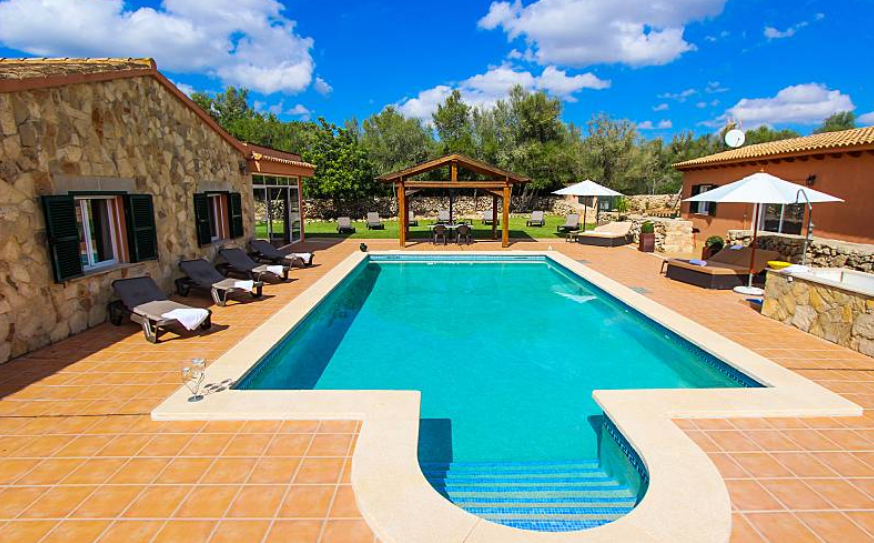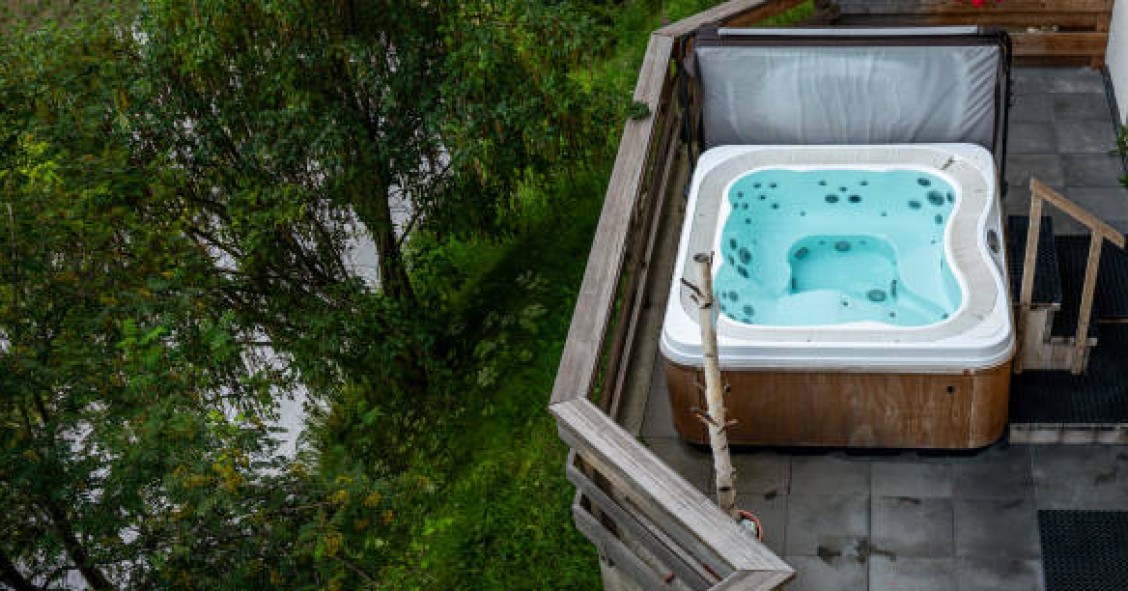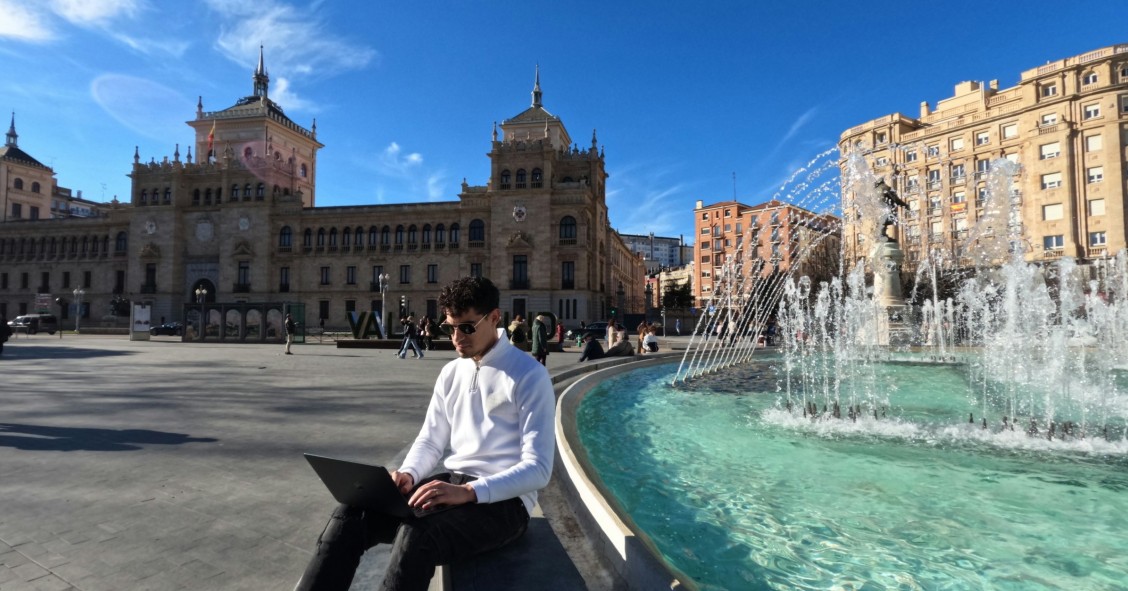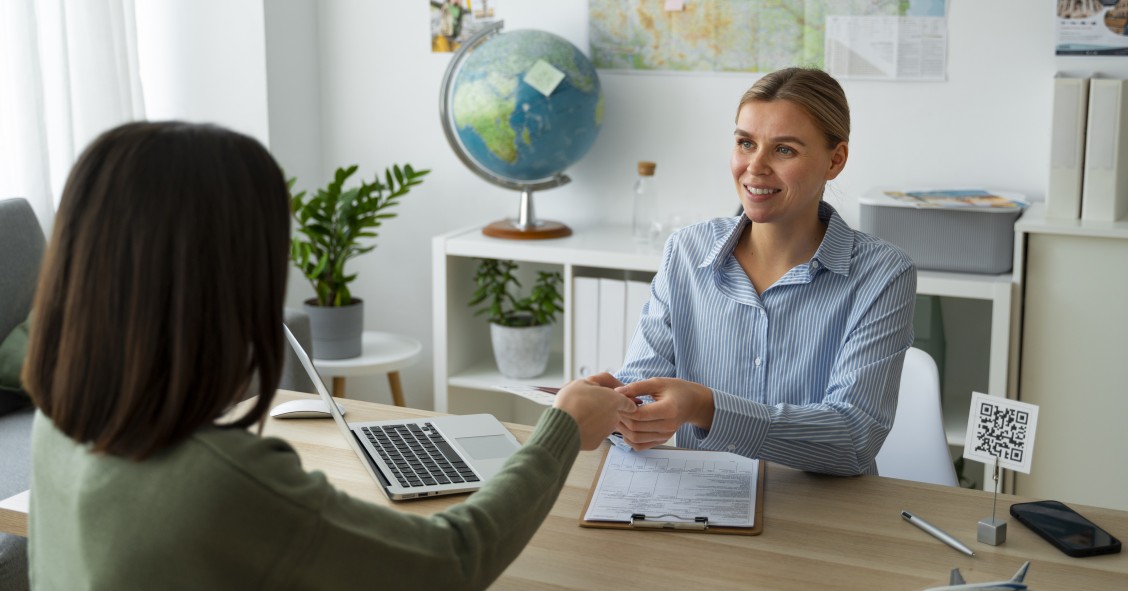
Country houses are always a big attraction for both Spanish nationals and tourists from other countries. In Spain, moreover, it is common to use these rural properties for short-term rentals and weekend getaways, and this trend shows no sign of stopping. According to data from the Spanish National Statistics Institute (Instituto Nacional de Estadística or INE), overnight stays in rural tourism accommodation rose in the month of June at a rate of 8.1% per year, making rural houses an increasingly profitable business venture in Spain.
Before going ahead and opening one, though, you have to take into account the requirements and necessary permits to set up a rural house for holiday lets, known in Spanish as ‘alojamiento local’. You also have to analyse properly where the ideal place to do so is, plus how to promote and advertise it to make it a success. Here, we review the simple steps you need to take to open a holiday rental accommodation far from the big city:
1. Where to set up your country home
This is the first decision you’ll have to make and probably the one that will make the most difference. So how do you choose? Travellers who rent these places tend to look for quiet, relaxing and unique areas, but it still has to be well communicated with urban centres. A house is located close to places with historical and cultural heritage are especially popular.
2. Renovating your holiday house in the countryside
The second step is to review whether it’s worth buying a house in a rural area that’s a bit rundown and then renovate it, or to plump for an already established rural accommodation. The latter option requires you to close both the sale transaction of the property and transfer the business deeds. When doing your accounts to know what type of house you can afford, the best advice is to consult the cadastral register to check if the property can be developed with buildable land and whether it has the requisite permits to be used as a house for tourism.
3. The legal requirements
Once the destination and the type of house have been chosen, you’ll have to know the requirements that the accommodation must meet, such as the minimum surface area of the bedrooms and the maximum capacity.
In this case, the guidelines are marked by each autonomous community of Spain individually, so the rules vary from one region to another. You’ll have to go to the Ministry of Tourism (Consejería de Turismo) to find out the technical and aesthetic characteristics the house must have, as well as what possible aid and subsidies are available to start the business.
Although there are different criteria, some of the standard requirements are as follows:
- Have all the necessary permissions and licenses
- A minimum capacity of four people
- For there to be electricity and both hot and cold water
- A minimum area of 6 m2 in single rooms and 12 m2 in double rooms.
- First-aid kit and fire extinguisher
4. Getting your permits and licenses
If you’re going to do up the house, you’ll have to ask permission from the City council (Ayuntamiento) and if it requires significant building work you will also need a visa from the College of Architects (Colegio de Arquitectos). Once the house is ready, you will have to obtain the opening licence from the City council too, as well as pay the corresponding fees.
Another important point to keep in mind is that you can’t open a rural hotel unless you are a legal person, either through the system of self-employed workers or as a private limited company. Furthermore, you must register the house at the Hacienda tax office and classify it as rural accommodation. It is also advisable to inform the Civil Guard or Local Police in the area.
5. Advertise the house and hook up with other local businesses
Once all the documentation is in order, it’s time to publicise your house to get the attention of travellers, holidaymakers and weekend-breakers. About nine out of every 10 tourists look for accommodation using the Internet, so having a website is an absolute must. It’s worth spending a little more for a good, attractive design and so that it’s easy and intuitive to use.
Apart from being well positioned in search engines such as Google, a good way to gain visibility is to post your place on holiday rental websites and tourism portals, as well as the websiteyou’re your autonomous community or the corresponding municipality.
Last but not least, you must remember that many travellers are looking not only to stay at a country home but do activities like hiking, cycling and multi-adventure routes or gastronomic experiences. To be able to offer such services, a good solution is to make alliances and agreements with companies in the area that offer this type of service.
Rural houses on Rentalia, idealista’s holiday rental platform
From the original Spanish article: Monta tu casa rural en 6 pasos (El blog de Aliseda)






